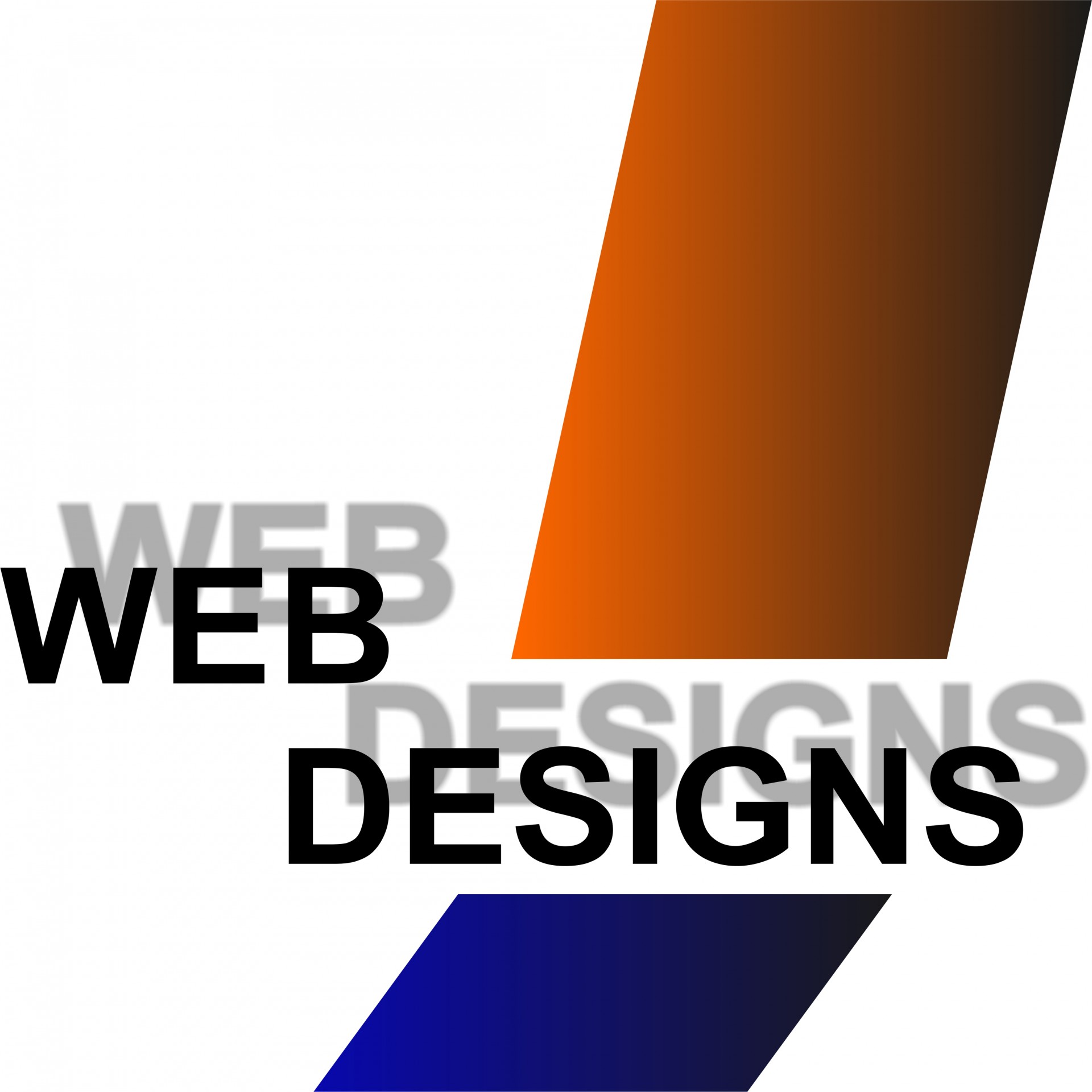Web design is a fascinating art form that combines creativity and technical skill to create visually stunning digital experiences. With every click and scroll, users are transported into a world carefully crafted by web designers. From the layout and color palette to the typography and imagery, every element is strategically placed to engage and captivate visitors.
In today’s digital age, a strong online presence is essential for businesses and individuals alike, and web design plays a crucial role in shaping that presence. It is not just about making a website aesthetically pleasing; it is about creating a seamless user experience that guides visitors through the digital landscape with ease. The artistry of web design lies in striking the perfect balance between functionality and visual appeal, ensuring that the website not only looks amazing but also provides a seamless and effortless navigation experience.
Mastering the digital canvas requires an understanding of design principles, coding languages, and the psychology of user interaction. Web designers must possess a keen eye for detail and a deep understanding of color theory, typography, and layout composition. They weave together these elements to create a harmonious and visually impactful website that resonates with its target audience.
In this article, we will delve into the artistry of web design and explore the techniques and skills that are essential for mastering the digital canvas. Whether you are a designer looking to enhance your skills or a business owner seeking to understand the intricate process behind creating an exceptional online presence, this article will provide valuable insights and inspiration. Join us on this creative journey as we uncover the secrets behind captivating web design and learn how to create digital masterpieces that leave a lasting impression.
Exploring the Elements of Web Design
Web design is an intricate art form where creativity meets functionality, culminating in the creation of visually stunning digital masterpieces. This dynamic discipline encompasses various elements, each playing a pivotal role in shaping the overall user experience. Let’s delve into the key components that make up the captivating world of web design.
Color Palette:
Color, with its vast spectrum of shades and hues, holds the power to evoke emotions and set the tone for a website. Web designers meticulously select a color palette that not only reflects the brand’s identity but also resonates with the target audience. Whether it’s vibrant and energetic colors or soothing and minimalist tones, the careful choice of colors can create a harmonious and visually pleasing environment for users to explore.
Typography:
The art of selecting the right typography can significantly influence a website’s overall allure. Fonts carry a certain personality and can convey a sense of elegance, creativity, or professionalism. Web designers deftly combine various fonts to create a hierarchy, ensuring that headings grab attention while body text remains easily readable. Typography, when employed thoughtfully, enhances the user’s reading experience and adds a touch of sophistication to the design.
Layout:
The layout acts as the framework on which all other design elements rest. It is the way content is organized and presented, dictating the flow of information for users. Web designers employ different layout approaches, such as grid-based or asymmetrical designs, based on the website’s purpose and desired user experience. A well-crafted layout not only ensures a visually balanced composition but also enhances navigation and usability, resulting in an optimal user journey.
In the next sections, we will continue our exploration of web design, unearthing new aspects and shedding light on the intricate techniques employed by skilled designers. Stay tuned as we dive deeper into this captivating realm, unraveling the secrets behind crafting awe-inspiring digital canvases.
Understanding User Experience
In the world of web design, user experience (UX) takes center stage. It is the key to creating websites that not only look visually appealing but also function seamlessly. UX encompasses the overall feel a user gets when they interact with a website – from the moment they land on the homepage to navigating through different pages and completing desired actions.

When designing a website, it is essential to put yourself in the shoes of the user. Consider their needs, preferences, and goals. A well-designed UX ensures that users can easily find what they are looking for and have a satisfying experience throughout their journey on the website.
To achieve an exceptional user experience, it is important to focus on various aspects. First and foremost, the website should be intuitive and easy to navigate. Clear navigation menus, prominent search functionality, and well-structured content can go a long way in enhancing the user’s ability to find information quickly.
Furthermore, the design elements should be consistent and cohesive. Users appreciate a visually pleasing website that adheres to a unified design language. Consistent typography, color schemes, and imagery help create an overall sense of professionalism and trust.
In addition, web designers need to pay attention to website loading times. Slow-loading websites can frustrate users and lead to high bounce rates. Optimizing images, minimizing code, and choosing a reliable hosting provider are some ways to ensure a smooth browsing experience.
In conclusion, web design is about much more than aesthetics. It is about understanding user experience and creating websites that are intuitive, visually appealing, and functional. By prioritizing the needs of the user and paying attention to various aspects such as navigation, design consistency, and loading times, web designers can master the art of creating exceptional digital experiences.
Enhancing Visual Appeal
When it comes to web design, enhancing the visual appeal is critical in capturing the attention of users and creating a memorable browsing experience. The aesthetics of a website play a vital role in conveying the brand image and engaging visitors. Let’s explore some key strategies for enhancing the visual appeal of web design.
Typography: The Art of Words
Typography is an essential aspect of web design that can greatly impact the overall visual appeal. Carefully selecting fonts that align with the brand’s personality and message is crucial. Bold and eye-catching headlines can draw attention, while clear and legible body text ensures easy readability. The use of contrasting font weights, styles, and sizes can create visual interest and hierarchy, guiding the users’ attention to the most important elements on the page.
Colors: Painting the Digital Canvas
Colors have the power to evoke emotions and set the tone for a website. Choosing a color scheme that complements the brand and aligns with its purpose is fundamental. Vibrant colors can create a sense of energy and excitement, while muted tones can convey a more elegant and sophisticated feel. Striking the right balance is key – using a combination of contrasting and harmonious colors can create visual harmony and help elements stand out, while poor color choices can lead to confusion and make the design appear chaotic.
Custom Storage Sheds
Imagery: Visual Storytelling
Images and illustrations are powerful tools that can enhance the visual appeal and convey messages instantly. High-quality, captivating visuals can instantly engage users and create an emotional connection with the brand. Whether it’s using custom illustrations, stunning photographs, or carefully chosen stock images, integrating visually impactful elements throughout the design can elevate the overall aesthetic and make the user experience more memorable.
By focusing on typography, colors, and imagery, web designers can truly master the artistry of web design and transform the digital canvas. Enhancing the visual appeal not only captivates users but also communicates the brand’s identity and message effectively. A visually appealing website creates a lasting impression and contributes to a positive user experience.
